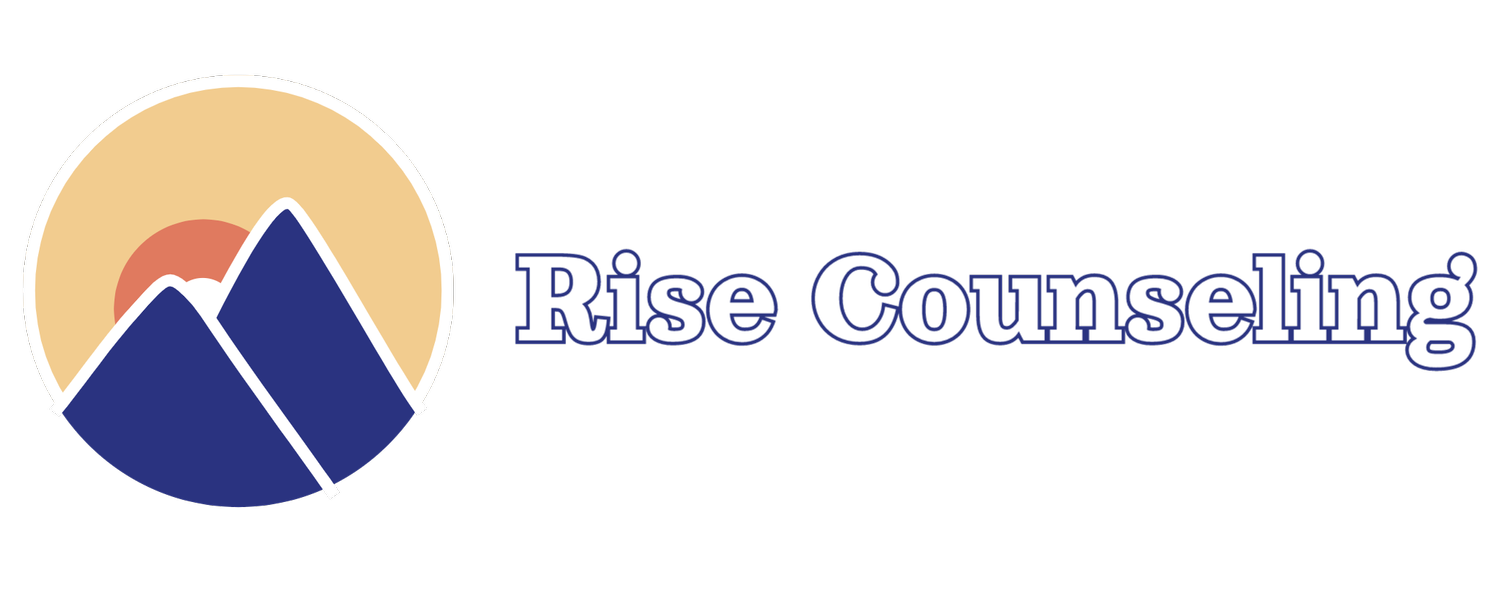
Top 10 Books for Understanding PTSD & Trauma Recovery
Healing from trauma is a deeply personal journey, but one of the most empowering ways to begin is through knowledge. Books written by professionals, survivors, and trauma-informed voices can provide insight, comfort, and guidance.

Understanding Your Inner Child
As a therapist, one of the most profound conversations I often have with trauma survivors revolves around the concept of the "inner child." This term, while widely used in the realm of psychology and self-help, can sometimes feel abstract or even confusing. Yet, understanding the inner child is pivotal to healing, especially for those navigating the complex aftermath of trauma that takes place in the developmental years.

How to Cope with Dating App Burnout
If you’ve ever felt drained, like you’ve been pushed past your breaking point, or are done with everything, you’re probably experiencing burnout. Burnout has become increasingly common over the past few years, and it can impact all areas of our lives. And now it’s becoming a regular experience with dating apps too.

Am I in a Healthy Relationship?
There are some things that your partner does that initially seemed cute and endearing, but as the months go on you’ve started to feel uncomfortable and question if these behaviors are healthy or not. Sometimes in the midst of an unhealthy relationship, it can be hard to spot the warning signs and red flags, but this highlights things to look out for that may mean you’re relationship isn’t healthy.

Healing Together: The Power of Community in Trauma Recovery
In the aftermath of trauma, the journey to healing can often feel like a lonely path. However, within the heart of community lies a profound source of solace, strength, and support. Research shows that individuals who feel connected to supportive communities experience improved mental health outcomes and greater resilience in the face of adversity.

Nurturing Growth: Self-Care Strategies for Post-Traumatic Healing
In the wake of a traumatic experience, the journey toward healing is easiest to navigate when it’s paved with self-compassion, resilience, and intentional self-care. Below are some practical tips and techniques that can be seamlessly integrated into your daily life, fostering healing, resilience, and a pathway toward growth—all from the comfort of your own home.

Navigating Trauma Treatment: A Journey Through Therapy Modalities
In the labyrinth of trauma recovery, the path to healing is as diverse as the human experience itself. There are numerous therapy modalities, but it can be challenging to decide what option is best for you between EMDR, CBT, and many others. Below are several common modalities used in trauma work and what they are best suited for.

Mindfulness Techniques for Managing Stress and Anxiety in a Busy Professional Life
In today's fast-paced world, stress and anxiety have become almost unavoidable companions, especially for busy professionals. The demands of work, coupled with personal responsibilities, can easily lead to overwhelming feelings that can impact mental health. For those dealing with symptoms of trauma, managing stress and anxiety becomes even more critical.

The Complexity of Balancing Career and Mental Health
Professional success doesn't shield us from trauma in our past. But, understanding and healing are within reach. Here’s how to navigate 5 key challenges.

Are These Symptoms of Depression?
When it comes to the way we think about depression, there can be a lot of stereotypes about what it looks like. There are other more subtle aspects that can be harder to notice, but may still be indicators of struggling with depression.

Principles for Practicing Assertiveness
Asking for what you need, and standing up for those needs is at the heart of assertiveness. Aside from having better self-esteem, practicing assertiveness also helps you to have less anxiety and depression, healthier relationships, and having a greater sense of control in your life.

Can EMDR Help? Four Insights to Help You Decide
EMDR – Eye Movement Desensitization and Reprocessing – is a type of therapy that uses bilateral stimulation or eye movements to help clients process and desensitize traumatic events and beliefs.

Implementing Boundaries
If you notice yourself feeling overwhelmed by someone, pulling back from time you used to spend together, or feeling exhausted after hanging out, it could be a sign that you’re in need of some boundaries in that relationship.

Self-Compassion, the Upgrade to Self-Esteem
The problem with self-esteem is that it emphasizes comparing yourself to others around you, and focusing on the ways you’re better. There’s nothing wrong with being confident, but the problem with self-esteem is that it’s unsustainable and only lasts as long as you’re doing better than those around you.

How to Identify Childhood Emotional Neglect
Many people come into therapy wondering why something about their childhood feels empty, but it’s hard to find the right words to explain it. It’s challenging to pinpoint exactly what went wrong because emotional neglect usually takes place over years; emotional neglect feels like intense loneliness.
